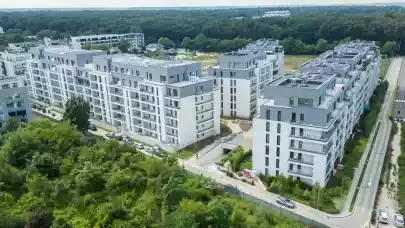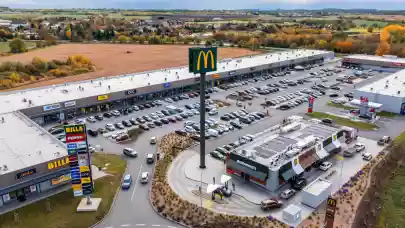
Housing prices in Romania's major cities have increased by 60-90% over the past six years, making apartments increasingly unaffordable in central areas, according to a report by Colliers Romania. Bucharest saw a 60% rise, while Cluj leads with a 100% surge and Timișoara recorded 90% growth.
The situation is worsening as Bucharest's building permits dropped 45% in the last three years, severely limiting new housing supply. This combination of rising prices and fewer new projects is widening the gap between premium developments and the broader market.
"The Bucharest residential market appears affordable if we look at the average, but that average conceals a much more polarised reality. In central and semi-central areas, we can no longer speak of affordable housing in the classic sense," explains Gabriel Blănițǎ, Associate Director at Colliers Romania. "The gap between what people want and what they can afford has never been wider."
The slow pace of project approvals limits developers' ability to meet future demand, particularly for new builds where construction costs remain high. "In Bucharest we have 45% fewer building permits than in previous years. This is not simply a temporary bottleneck, but the premise for a new phase of accelerated price growth once interest rates start to fall," Blănițǎ adds.
Despite restricted mortgage access, transaction volumes are only 10% below last year nationally, with Cluj even reporting 6% growth. High financing costs are pushing buyers toward rentals, intensifying competition in that segment. Colliers warns that when interest rates fall and wages recover, the market could enter rapid expansion in 2026-2027, fuelled by accumulated demand and limited supply.



